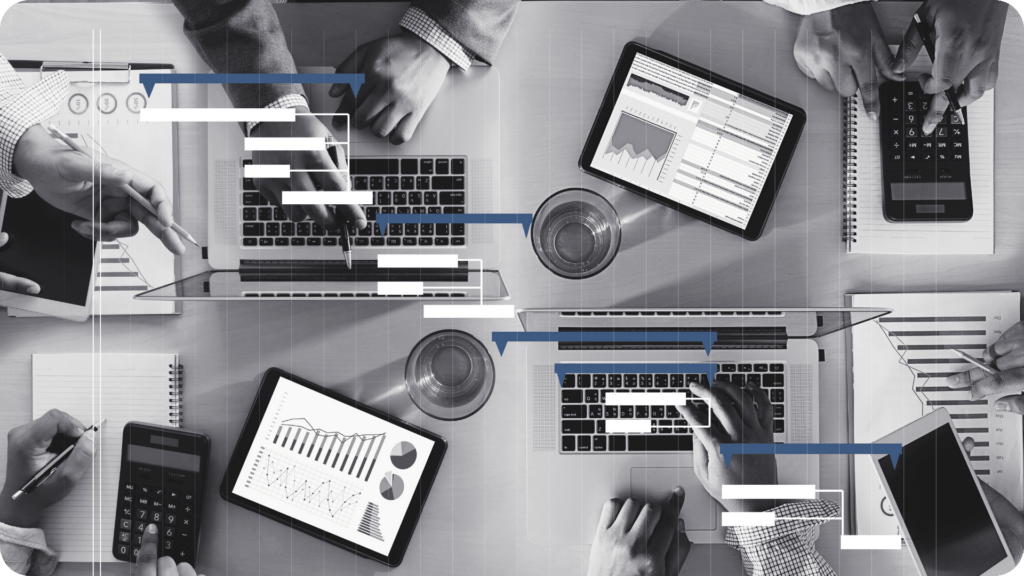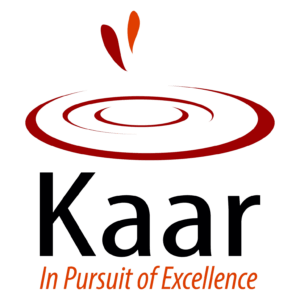Introduction
Consultants are often very focused on fixing their client’s problems. That is both the greatest and the riskiest aspect of your career. Going above and beyond for your clients involves extensive study, critical thinking, data analysis, and collaboration.
As a result, you and your team do not have the time or resources to focus on the processes that must be in place to support a heavy workload, nor do you consider that project management is likely one of the most important parts of your business.
However, there are considerable benefits to project management in the consulting profession. Good project management software is similar to keeping your company’s internal equipment running smoothly.
That is why using a project management system, particularly one intended for service firms, is essential, not optional. It is a strategic need for driving the quantifiable aspect of your business.
This blog provides an overview of benefits, considerations, and common platforms to assess and improve the way your company prepares and delivers consulting assignments.
What is project management software?
Project management software is used to plan, organize, and allocate resources for managing projects. It allows teams to interact and keep track of project progress while explicitly outlining tasks and responsibilities. It enables project managers to monitor costs and timelines while also facilitating seamless cooperation among stakeholders.
In short, it is made up of tools and apps designed to help you work more efficiently.

Why is project management software important for consultants?
Your team is probably managing many projects, yet, like many businesses, you can be doing so independently. If you monitor tasks, time, and progress in many locations, your business can miss out on significant visibility and profit possibilities.
Implementing a digital platform like project management software, created specifically for consulting organizations helps you identify hidden inefficiencies, monitor how your staff spends their time, and improve client communication quality.
The list below can help you select the software that will support your project management methodology.
What things need to look at in project management software?
A good project management system for consultants should be more than simply a repository for task lists; it should include full functionality that spans the project’s lifespan. Look for at least five of these important components.
-
Project planning:
Successful project execution begins with rigorous planning. The ideal project management solution will accommodate due dates, deliverables, milestones, and a variety of project views, including Kanban boards and Gantt charts. These tools enable us to plan project timetables, set expectations, and measure progress against benchmarks.
-
Task lists:
Task management is the foundation of every project management system. The ideal tool should allow us to easily create, allocate, and manage assignments. Dependencies and other features will assist consulting teams in transitioning away from spreadsheets and other archaic ways of working.
-
Collaborative features:
Consulting is a team sport. As a result, a consulting project management solution should have strong collaboration features that enable smooth communication and coordination among team members, independent of their physical location. Shared workspaces, chat features, and commenting options are essential for an effective team dynamic.
-
Automation:
Automation in project management platforms saves a large amount of time on repeated tasks. Notifications and reminders can ensure that no tasks are overlooked and that everyone is informed of their roles and forthcoming deadlines.
-
Resource Management:
A top-tier solution should also include resource management tools like timesheets, billable hour monitoring, and team scheduling. These are critical for increasing efficiency and accounting for each hour your staff devotes to project work, which has a direct impact on your bottom line.
What are the difficulties that consultants face?
Consultants are frequently faced with navigating the complex landscape of client expectations, timeframes, and deliverables. Among the difficulties they confront are:
- Resource Allocation: In order to maximize project outcomes, consultants must distribute resources efficiently.
- Collaboration: It typically works with team members and clients, requiring a unified platform for information and updates.
- Timeline Adherence: Meeting project deadlines is vital for preserving credibility and client satisfaction.
- Task Management: Consultants must maintain track of several tasks across multiple projects to ensure nothing falls through the cracks.
- Monitoring Progress: Manually tracking the progress of projects and activities can be time-consuming and error-prone.
- Communication: Effective communication is crucial for project success, especially when working with distant teams and clients.
What is the importance of project management software?
Project management software is essential for consultants as it enables them to handle various projects, clients, deadlines, project resources, and teams in an effective and organized manner.
“A whopping 97% of organizations believe that project management is essential to business performance and organizational success.”

Project management software offers a centralized platform for dealing with these and other issues. Here’s how it simplifies success:
-
Task and project management:
Consultants can develop, assign, and monitor tasks to ensure that all project-related activities are organized and on track. Visual timelines and job relationships aid in quickly understanding project progress.
-
Time Tracking and Reporting:
Time tracking tools allow you to precisely track the time spent on assignments and projects. This information aids in the creation of exact bills and the generation of relevant reports for clients.
-
Collaboration and communication:
The majority of project management solutions include communication facilities such as chat, discussion boards, and file sharing. Consultants can communicate in real time with team members and clients, decreasing the need for long email chains and increasing response.
-
Client Engagement:
Clients can typically access project updates, data, and deadlines using project management software. This transparency builds confidence and keeps clients up-to-date on project progress.
-
Resource Planning:
You can arrange resources, such as team members’ time and talents, based on project needs. This prevents resource overload and underutilization.
What are the features of project management software?
-
Gantt Chart:
A Gantt chart is a time-based visual depiction of project tasks. It aids with task planning, scheduling, and tracking, making it simple to grasp task relationships and project timelines.
-
Dashboards and reporting:
Dashboards offer a consolidated view of project data, key performance indicators, and overall project health. To convey project status and progress, reporting technologies provide visual and textual reports that can be shared with stakeholders.
-
Baseline:
A baseline is a snapshot of the first project plan. It serves as a benchmark for measuring progress and tracking changes throughout the project’s lifespan.
-
Time Tracking:
Time tracking capabilities allow team members to document the time spent on each job. This aids in comparing actual to estimated effort, optimizing resource allocation, and offering insights into project performance.
-
Project Intake and Approvals:
Many project management software programmes provide project intake capabilities, which allow new project requests to be submitted and assessed. These features frequently involve approval protocols to ensure that initiatives are aligned with organizational goals before they are launched.
-
Dependencies:
Project tasks frequently include dependencies, in which the completion of one job is related to the start or completion of another. Project management software enables you to identify and manage these dependencies, ensuring that activities are completed in the proper order.
More specifically, once you begin the tool selection process, anxiety can arise owing to the desire to locate a solution that fully corresponds with the criteria.
Conclusion
With Kaar Enterprise Business Suite (KEBS), you can focus on reducing revenue leakage and increasing efficiency across your service lifecycle using the SaaS platform.
Equip yourself with KEBS and step into a realm of boundless possibilities, where work knows no boundaries and collaboration flourishes effortlessly. The future beacons, and KEBS is your trusted ally in reshaping the future of professional services.
Are you ready to embrace the future? Contact us at KaarTech to learn more about KEBS and how it can transform your professional services. We distinguish ourselves as leaders who are used to making a difference in your business rather than simply showing up.
FAQ’s
What is project management software?
Project management software helps consultants plan, organize, and allocate resources for managing projects efficiently, facilitating seamless collaboration and progress tracking.
Why is project management software important for consultants?
It centralizes project-related tasks, timelines, and resources, enhances client communication, and improves overall project organization and efficiency.
What challenges do consultants face?
Consultants often struggle with resource allocation, collaboration, timeline adherence, task management, progress tracking, and effective communication.
What are the key features of project management software?
Essential features include project planning, task lists, collaboration tools, automation, resource management, Gantt charts, dashboards, time tracking, and dependency management.
